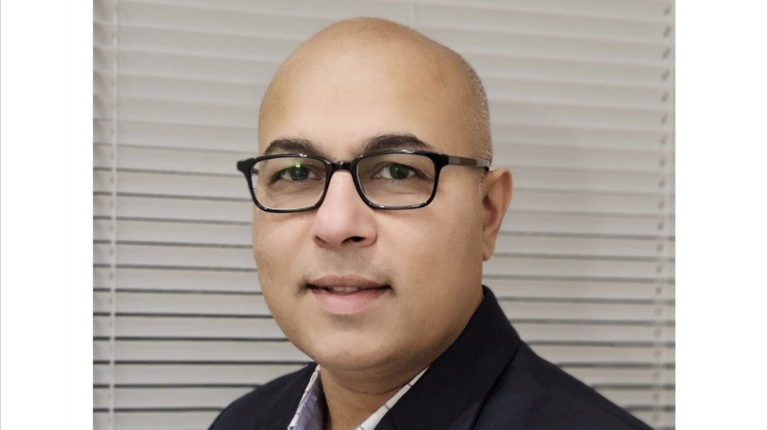The Automotive Testing Technology International Awards are a non-profit-making enterprise designed to recognize and reward the fantastic achievements of the world’s top vehicle engineering suppliers and specialists. They will be presented on May 20, during a ceremony at Automotive Testing Expo Europe in Stuttgart, Germany.
Lakshmi Prasad Bhatta is on the awards judging panel. He is a vehicle safety engineer with extensive experience in developing advanced safety systems to enhance occupant and road user safety, ensuring compliance with global safety regulations (FMVSS, ECE). He specializes in advanced multiphysics simulations, leveraging CAE and AI tools to validate crash protection and crash avoidance across diverse vehicle platforms, including EVs. Lakshmi has developed innovative safety strategies that have led to NCAP 5-star ratings and IIHS Top Safety Pick+ awards. He is a member of USTAG to ISO committees and actively contributes to the industry by evaluating technical papers, reviewing safety standard drafts and judging industry awards.
- What sets apart an award-winning entry in this competition?
I think what sets a great entry apart is that perfect mix of innovation, practicality and real-world results. It’s not just about having a novel idea, it’s about how effectively that idea solves a genuine problem in the industry. When entries show strong sustainability aspects and clear benefits to users or the development process, they tend to leave a lasting impression. - Which category excites you most?
Definitely the ADAS and AV Test Innovation category. That’s where so much transformation is happening. I recently spoke and served on a panel focused on AI-based prognostics for ADAS and ADS platforms, and it’s clear the industry is shifting from reactive diagnostics to predictive safety. It’s a fascinating area that blends data, software and engineering judgment into entirely new ways of working. - What are the current biggest headaches in your role?
One of the toughest parts is getting cross-functional alignment early in the project, especially when timelines are tight and expectations keep evolving. Without clear roles and a shared safety strategy from the start, it’s easy for teams to duplicate work or miss critical validation steps. It’s a constant balancing act between speed and thoroughness. - In what area of testing do you foresee the biggest advances taking place over the next 10 years?
I see major progress in virtual validation, AI-driven test automation and digital twins. As vehicles become more software-defined, traditional methods just can’t scale. These technologies will allow us to simulate complex environments, identify issues earlier and validate them at a much higher level of confidence and much faster. - As a testing professional, what’s worrying you currently?
Honestly, it’s the gap between how fast vehicle technologies are evolving and how slowly our testing methods or standards sometimes catch up. Especially with complex, connected systems, there’s a real risk of missing interactions or failure paths that we’re not yet equipped to handle with legacy approaches. - What’s one thing you hope readers will take away from the awards?
I hope they see that these awards aren’t just about spotlighting innovation, they’re about honoring the rigor, creativity and collaboration behind every great solution. There’s a lot of hard work that goes into making vehicles safer and smarter, and it’s great to see that celebrated.
Automotive Testing Expo Europe 2025 will be held on May 20, 21, 22 at the Messe Stuttgart in Germany. Click here for your free pass to attend the expo, the awards ceremony and the ATTI Awards Forum, which will take place on May 21 and focus on the synergy between data-driven insights, advanced powertrain technologies and performance optimization in modern automotive testing.


